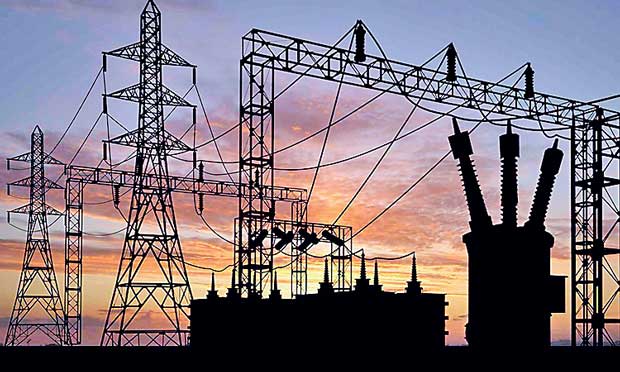Reply To:
Name - Reply Comment

By Chandeepa Wettasinghe
Striking a heavy blow to the aspirations of the Ceylon Electricity Board (CEB) engineers to include coal in Sri Lanka’s future power generation mix, their peers working at the Norochcholai coal power plant have in a petition noted that fly ash from the plant is becoming an unbearable health hazard for the power plant’s employees and nearby villages.
“If the current situation of the plant is exposed to third parties, the availability of the plant and the future of the energy sector will be at a great risk,” said the petition, signed by 69 executive-level engineers addressed to CEB General Manager A.K. Samarasinghe.
Although the petition shows concerns for the future of the energy sector, the latest Long-Term Lease Cost Generation Expansion Plan (LTLCGEP) of the CEB, which was approved by the regulating authority, the Public Utilities Commission of Sri Lanka (PUCSL), had not included any coal power plants in the plan, due to the externality costs of coal such as those being highlighted in the petition.
The petition indicates that after conducting testing on the fly ash, it was revealed that heavy metals such as arsenic and selenium, which cause serious health issues, are present in excessive quantities than allowed for by law and the employees at the power plant are now suffering from serious lung issues and dermatological conditions.
The power plant is not equipped with sufficient systems to control the fly ash and coal dust and the residuals are spreading to the nearby villages during windy seasons, the petition said.
“Most importantly, it is unethical to maintain the plant working conditions at such a damaging level for the lives of both our subordinates and the nearby villagers. The feeling of guilt, of the issues we could’ve easily prevented using modern technology – yet we failed to do – will remain in our conscience even after we leave the plant,” it added.
Recently, industry expert, RMA Energy Managing Director Dr. Tilak Siyambalapitiya said that the Norochcholai power plant was a Chinese product built at a Japanese price.
The facility, which is prone to breakdowns, currently contributes to around 40 percent of Sri Lanka’s total electricity supply.
Construction of coal power plants has been facing heavy resistance from activists. In 2016, the Supreme Court ordered the government to halt the construction of the coal power plant in Sampur, financed by India, on environmental and health grounds.
Calls for help from the Norochcholai petitioners to mitigate the damage being caused come at a time when the CEB engineers’ trade unions are threatening strikes and are refusing to sit on tender committees for the power plants’ LTLCGEP, since no coal power plants were included in the plan.
Last year, the PUCSL chose the CEB’s no-coal scenario for the LTLCGEP, which places the bulk of Sri Lanka’s future energy generation on the more environmentally friendly liquid natural gas (LNG), after numerous experts in a public consultation revealed that the CEB had abused statistics to favour coal over LNG unlike the prevailing market conditions.
After accounting for the externality costs, LNG is much cheaper than coal, the PUCSL had found, saving US $ 1.13 billion via the approved LTLCGEP, compared to the coal-heavy option. Yet, even last week, the CEB sought to contend the numbers present in the final plan approved by the PUCSL.
However, due to the LNG tenders not being processed by the CEB, the country is sitting on the brink of a major power crisis and the PUCSL had said that over Rs.50.8 billion in losses would be incurred due to cost escalations and sourcing emergency thermal power due to the tender delays.
Controversy has also spawned in the tendering of coal raw material for Norochcholai with allegations of massive corruption and fraud, with the Supreme Court in one instance unsuccessfully requesting a tender be recalled. One firm has constantly won the coal tenders.
On the political front, Power and Energy Minister Ranjith Siyambalapitiya has taken the side of the CEB, putting pressure on the independent regulator.
However, the government policy has been to move towards more renewable energy and the PUCSL had said that the approved LTLCGEP would allow the country to move towards 60 percent renewable energy in the long-term, unlike the past power generation mixes, which have resulted in occasional power crises.